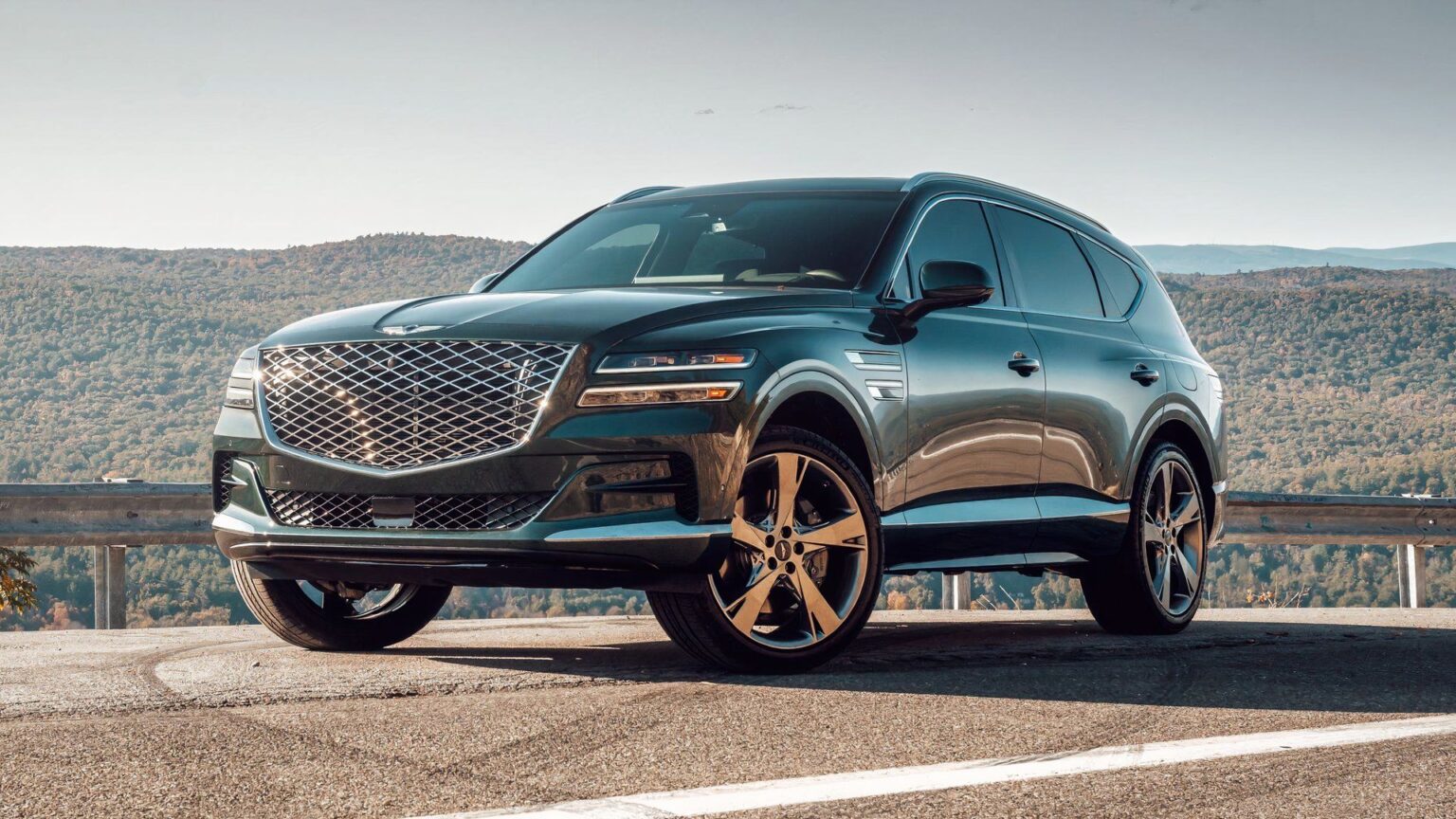Tomorrow is officially “liberation day,” according to President Trump, but if you’re a carmaker, a car dealer, or a car-buying customer, you should ask what shackles you were in up to now. If you’re Hyundai, which actually makes 43 percent of its cars in the U.S., and just committed a whopping $21 billion investment in the U.S., including in its own steel manufacturing plant, you really have to ask if you’d prefer the prior recipe to the “freedom fries” Trump is offering.
Randy Parker, chief executive officer of Hyundai and Genesis, communicated with dealers yesterday that “current vehicle pricing is not guaranteed and may be subject to change for units wholesaled after April 2.” Translation: Hyundai’s about to pay more for cars with tariffs, so dealers will, too. And dealers cannot give away cars, so customers are about to pay more as well.
Hyundai Isn’t Alone
According to reporting by Korean JoongAn Daily, Hyundai is one of many foreign car labels that’ll be damaged by the trade war. In 2024 the carmaking group sold about 1.7 million cars in the U.S. this past year. Just over half, 57 percent, were made in Korea, while 140,000 were made in Mexico. The group makes cars like the Kia K4 sedan in Mexico, and also has an engine plant there as well, where it makes 1.6-liter engines used in cars like the Santa Fe and Kona. Hyundai is also exploring an EREV engine for production there, for future SUV use. Tariffs on these engines will be a significant drag on the cost of a car assembled in the U.S., too, since Mexico is already part of the 25 percent regime Trump unveiled.
A Hyundai (Or A Ford) Is Just A Pile Of Parts
Any part that’s not made in the U.S. will be subject to tariffs, and many parts on U.S.-assembled cars, like touchscreens, aren’t made in the U.S. at all. Ford, GM, and Stellantis heads are apparently trying a last-minute press on the Trump White House to get the administration to understand that they cannot onshore every part, because it’s just not made here and that the shift to do so cannot be made quickly, or possibly not at all. Automotive News reported that Trump’s executive order is still being drafted, and the automakers want to “…educate the administration on the economics of the complex global web of auto parts production.”
That complex web is what every automaker, including Hyundai, are managing. Officials there told JoongAn Daily they would “continually review various business strategies to ensure long-term profitability.” Which is another way to say that they will have to raise prices to survive.
TopSpeed’s Take
Hyundai just opened its new Meta plant in Georgia, where it will manufacture the Ioniq 5 and the Ioniq 9. Future Kias will also be made there. And in theory, this should partly insulate the carmaker from the worst of the trade war. But like every other carmaker, even though Hyundai will eventually supply its own steel, it cannot reinvent the global supply chain.
Cars are very much like a grocery cart full of components. Carmakers, even more than, say, computer manufacturers, source parts globally, and specific components are made globally because specialization has allowed expertise to grow around just making those portions of what goes into a car. So for Hyundai, or any carmaker, to try to take on manufacturing all of those parts themselves would be far too time, human-capital, and capital-capital (i.e., cash) intensive. Costs would skyrocket. This is why carmakers share suppliers, too, and co-develop components. Hyundai is almost surely one of many carmakers about to raise prices on their dealers, who will pass the tariffs onto us.
Read the full article here


